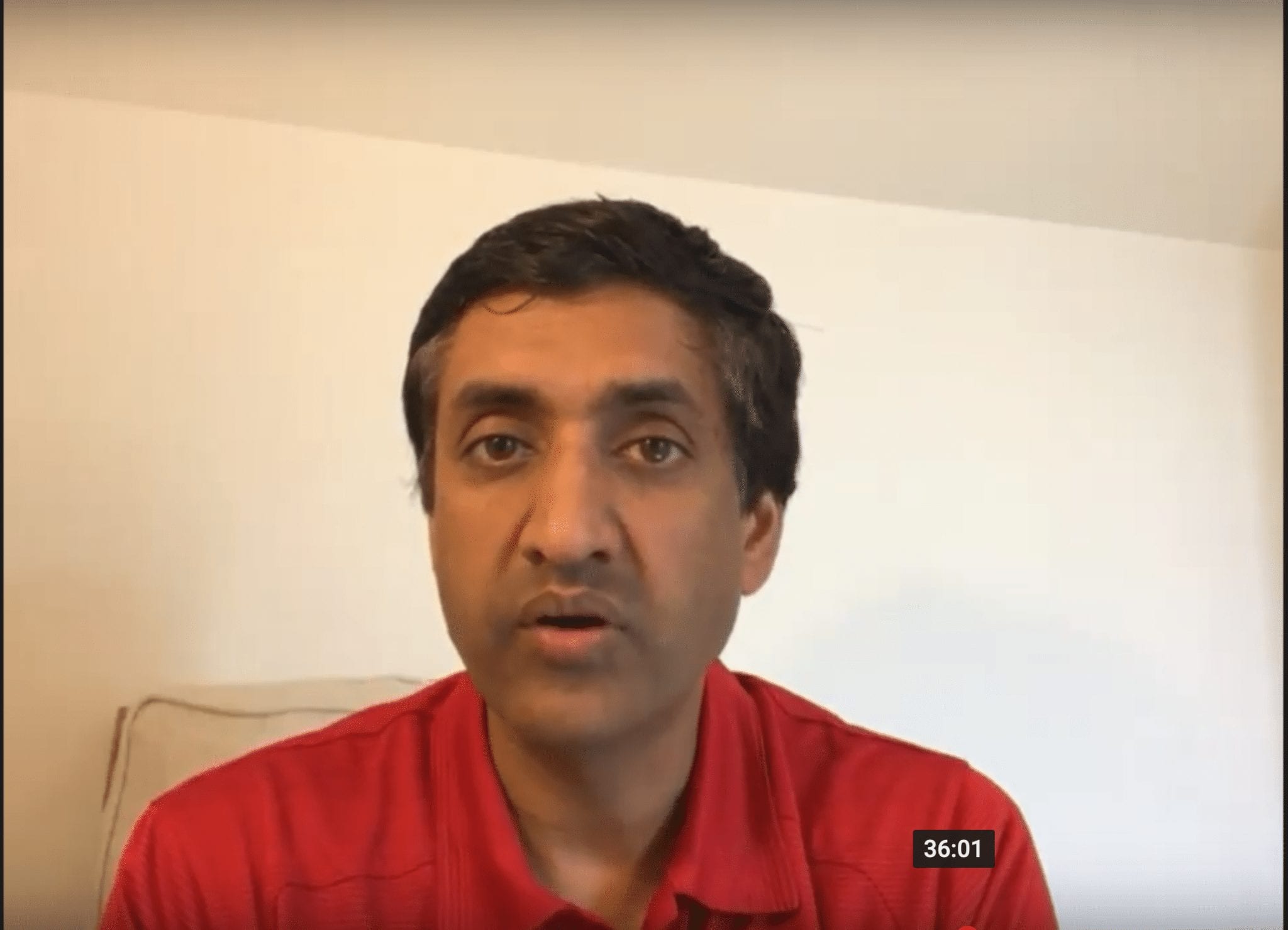The COVID-19 pandemic has forced the country to close many businesses, transforming how most people live their lives. But for the workers providing essential services, staying home is not an option.
While many Americans have transitioned to working from home, millions out on the front lines continue to show up to work every day, often relying on low tips and wages to get by. And with the shortage of protective gear to get them through the work day, many worry they face a higher risk of infection.
A handful of workers across Silicon Valley, including Lyft and Uber drivers, health care employees, fast-food workers and delivery drivers, spoke up for the first time about the struggles they face when they walk out the door for work each day during a virtual news conference Wednesday, hosted by labor advocacy group, Silicon Valley Rising.
Elected officials, including Congressman Ro Khanna and Santa Clara County Board of Supervisors President Cindy Chavez, attended the meeting to hear those concerns and respond.
The panel was moderated by Maria Noel Fernandez, a community labor advocate with Silicon Valley Rising, who said workers in those jobs are often women and people of color.
“Over the past two months, fast food workers across the country have had no choice but to go on strike to demand very basic protections,” Micaela Garza, a San Jose McDonald’s worker, said.
Garza said companies need to step up to provide basic protections such as gloves, masks and hand sanitizer, in addition to paid sick leave and a living wage.
“I took a sick day in March and I’ve still not been paid for that sick day,” she added. “We were not able to pay rent in April and I know we won’t be able to in May. Our family keeps falling behind.”
Others worry that while they still have to show up to work, they might not qualify for certain protections.
Vicky Ramirez, a family childcare provider, said workers like her do not qualify for or have access to “personal protective equipment” during the pandemic. She’s worried being around children will expose her to the virus, as she sanitizes toys, disinfects common areas, cleans up after them and performs regular temperature checks. While she understands the risks, her husband was laid off, Ramirez said, and she feels she has no choice but to continue working.
“Family childcare providers are not automatically put on the list of essential workers — this makes our access to protection limited and not existent,” Ramirez said.
Similarly, gig economy workers, like Lyft driver Carlos Ramos, are struggling to make enough money to put food on the table.
“I’m an essential worker, but during this pandemic I feel essentially forgotten,” he said.
With more than 60 million essential workers across the nation, Khanna on Wednesday said it’s time those employees receive stronger protections and pay during the coronavirus pandemic.
“When people are thinking about who is essential, they’re not thinking about lawyers and bankers. They’re thinking about people bringing their groceries, picking up the trash outside their homes — doing the things that support all,” Khanna said. “They’re not getting treated with the dignity that they deserve.”

The news conference comes after Khanna, along with former presidential candidate Sen. Elizabeth Warren, crafted the “Essential Workers Bill of Rights,” which calls for essential employers to provide free protective equipment, robust premium pay, guaranteed paid sick and family leave, protections for collective bargaining agreements and childcare services.
“The fact that we even have to spell this out is really infuriating, because these are such common sense things,” he added.
The difference between how non-union and union employees are treated “speaks to the lack of people being seen,” Chavez said.
She added that being able to provide more essential employees with union contracts will guarantee them more protections, proper training to keep them safe and stricter health guidelines in the workplace.
“We’re really counting on all of you that are in the field right now to protect and keep flattening that curve,” Chavez said during the call Wednesday. “If there’s one good thing that has come out of COVID-19 that is laid bare, it’s the challenge we have in our country and the opportunities that we have to fix it.”
Contact Nadia Lopez at [email protected] or follow @n_llopez on Twitter.
Editor’s Note: Silicon Valley Rising is a campaign of Working Partnerships, USA. The executive director of Working Partnerships, USA, Derecka Mehrens, sits on San José Spotlight’s Board of Directors.



Leave a Reply
You must be logged in to post a comment.